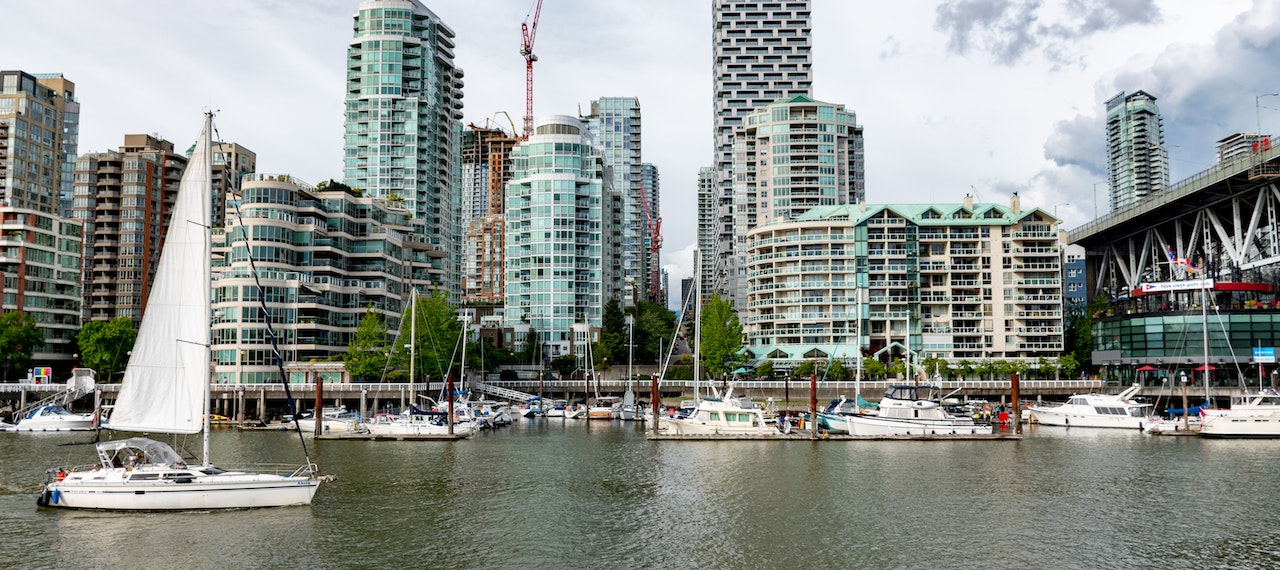The global COVID-19 pandemic has, without a doubt, profoundly impacted the dynamics of every sphere of life, particularly those revolving around travel and hospitality. The seismic shock delivered by this crisis has particularly hit car rentals and hotels in Europe, transforming the way businesses operate and travelers plan their journeys.
The Initial Blow: A Downturn in Business
When the virus started spreading across Europe in early 2020, nations went into lockdown, international and domestic travel got severely restricted, and the tourism industry came to an almost complete standstill. With a significant drop in travelers, car rental services and hotels faced an unprecedented crisis. Revenue streams dried up as bookings dwindled.
Car rental companies, already grappling with competition from ride-sharing services, suddenly found their vehicles idling. Hotels, too, found themselves wrestling with empty rooms and cancellation of reservations, leading to financial stress.
Adapting to Change: The Evolution of Services
With the situation necessitating social distancing and enhanced safety protocols, car rentals and hotels had to innovate and adapt to survive. Car rental companies introduced stringent sanitation protocols and contactless services to reassure customers about safety. Moreover, many expanded their offerings to cater to the needs of local businesses and individuals needing vehicle rental for essential services.
Similarly, hotels across Europe reinvented their operational protocols to meet the new demands of the pandemic world. Rigorous cleaning procedures, contactless check-ins, and social distancing measures became the new norm. They also began to offer flexible booking and cancellation policies to accommodate the uncertain travel scenario.
Emerging Trends: Activity-based Tourism and Road Trips
As travel restrictions started lifting gradually, an interesting trend started emerging. With an increase in the desire for safer, controlled environments, there was a rise in activity-based tourism. Travelers began to prefer experiences that are open-air, less crowded, and more personal. This shift was advantageous for car rentals, as road trips became increasingly popular. Travelers rented vehicles to explore local sights, visit national parks, and enjoy scenic drives.
Hotels, too, capitalized on this trend, with many creating partnerships with local tour operators and car rental services. They started offering package deals that include not only accommodation but also curated experiences and car rental services.
The Road Ahead: A Resilient Industry
The impact of COVID-19 on car rentals and hotels in Europe is undoubtedly significant. However, the industry's adaptive and innovative response shows its resilience. With evolving business models and a focus on safety, these sectors are bouncing back slowly but steadily.
As vaccination drives progress and the world learns to live with the virus, the future holds promise. A resurgence of the tourism industry seems likely, albeit with a different face. Car rentals and hotels are primed to play a pivotal role in this recovery, catering to the new preferences and needs of post-pandemic travelers.
While COVID-19 has created challenges for car rentals and hotels in Europe, it has also ushered in a wave of change and innovation. The 'new normal' might be challenging, but it is also filled with potential opportunities for these industries to thrive in a post-pandemic world. The journey ahead is not without its hurdles, but with adaptability and resilience, the car rental and hotel industry in Europe is well on the path to recovery.

.png)
.jpg)



.jpg)
